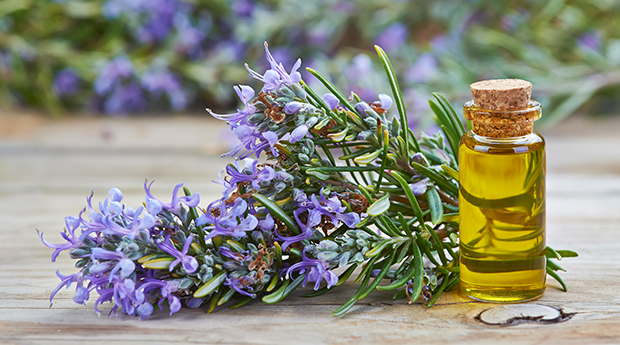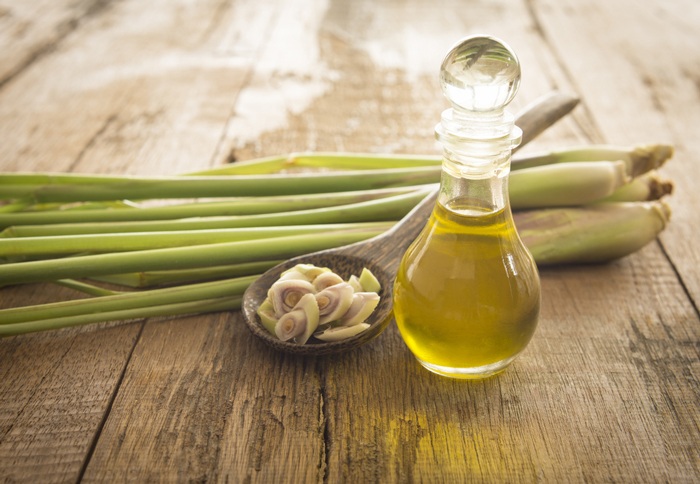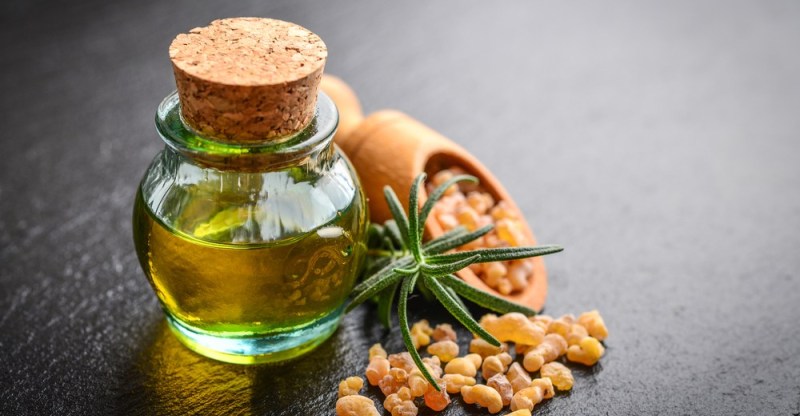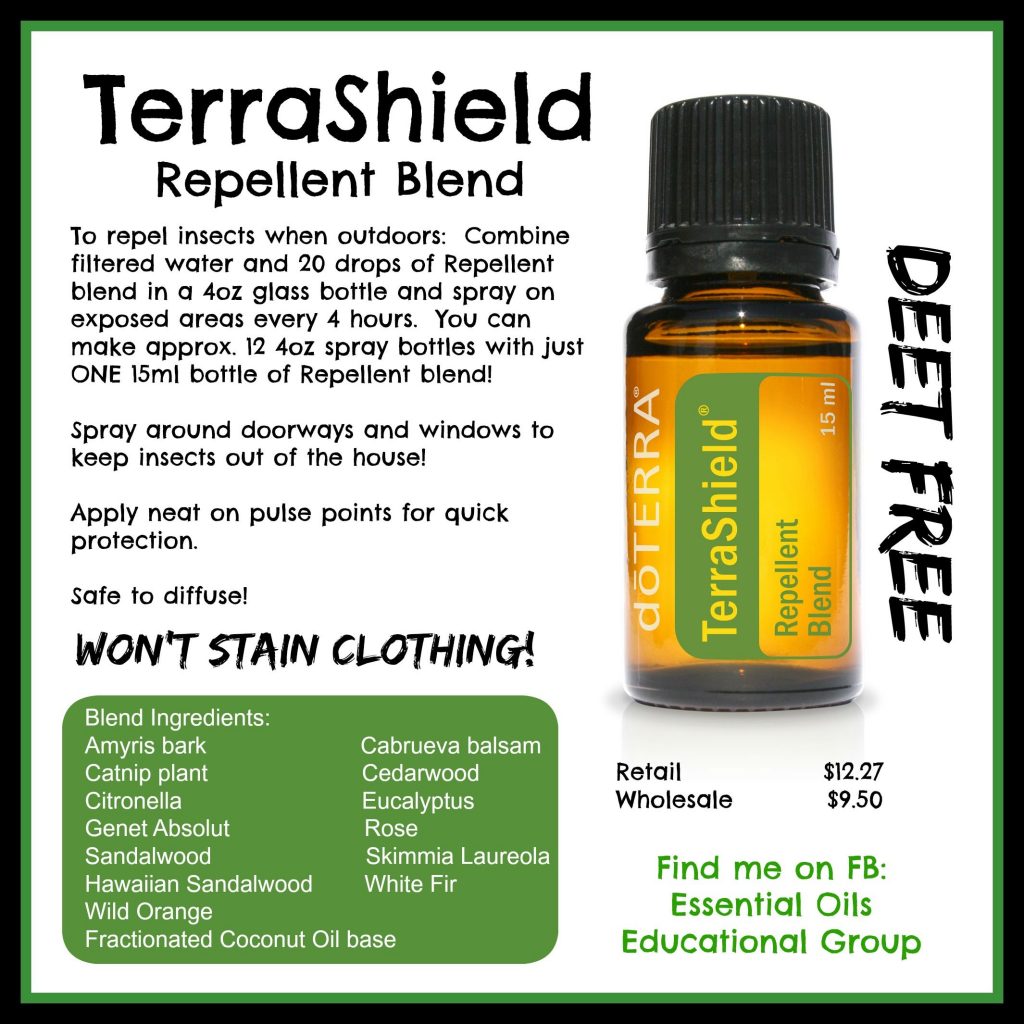Essential Oils Garden Blends
Essential Oils Garden Blends – Essential oils are what plants use to communicate and defend themselves against pests and disease in nature. Therefore by using these same substances we mimic nature, and ward off pests and disease. Without leaving behind any detrimental residues or salt build up in the soil.
As new pests come up I look to nature first, always. Organic gardening doesn’t have to mean losing your garden to the bugs. The benefits of using essential oils is they are healthy for humans.
Essential Oils Garden Blends are not just less harmful as other pest control options, …they are healthy to use.
The ratios differ from oil to oil, and some people use different surfactants (soaps) to help the oil do it’s job. I use Castile soap with the oil in a solution. The basic ratio is 1 tablespoon of soap, and 12-15 drops of essential oil, per 8oz of warm water. Shake well to mix everything up and you are good to go.
- A special note on quality. Every essential oil company is different, and so the quality and purity of the oils will differ as well. I use doTERRA essential oils because the science of the extraction process, and the consciousness in their sourcing.
- click on a picture and a link will open to tell you more about each of the oils and where to get them.
- Some additional information and to purchase CLICK HERE.
Also, here is a link to my YouTube video demonstrating how to mix up the spray. It is Neem oil in the video. However, the process is the same for essential oils.
Essential Oils Garden Blends
PEPPERMINT

In the Garden – Peppermint is used on a number of pests. Ants, aphids, white fly, beetles, caterpillars, mice and more. Peppermint is not an insecticide, it is a smell that most insects don’t like. It can be used on flowers and plants, as well as around windows and doors of your house, or greenhouse, to keep pests away.
For the Gardener – Rub it on sore muscles, or an upset stomach. Spritz some in the air for some mental focus and bug repellent. It also has cooling properties after those hot days in the garden. Can your chemical pesticides do all that?
NEEM

In the Garden – Neem is an insecticide. It is a non-selective substance, so caution. It will harm beneficial insects, as well as the bad ones. I don’t like harming anything I don’t have too. Pests will sometimes infect the whole neighbourhood if they are not kept in check. I keep this in my arsenal. For when it is absolutely needed.
For the Gardener – Neem can be used as a mosquito repellant. It is effective and good for your skin. It is used in a variety of natural skin and hair care products for it antioxidant properties.
LAVENDER

In the Garden – Lavender is another pest deterrent more so than insecticide. It is good to get rid of fleas, ticks, moths, and mosquitos.
For the Gardener – Lavender can be used as a skin rub. To soothe bug bites and small skin irritations. Add it to your bath at the end of the day, or spritz some in the air for a feeling of calm in the middle of a busy day.
Douglas Fir

In the Garden – Slugs and Snails do not like Douglas Fir. At the first indication of snails I start dosing the effective plant with fir oil and the snails are not long moving on. It is great to have on hand if you have a damp corner in your garden.
ROSEMARY

In the Garden – Rosemary will repel flies, fleas, mosquitos, spider mites, lice, cabbage fly, even cats. You can make a foliar spray or place a couple drops on the soil depending on the pests.
For the Gardener – Rosemary is used for indigestion, hair, mouth and skin care. It also boosts mental alertness, stress and pain relief, and for an immune system boost. It has been used since the Romans. Probably before.
MELALEUCA (TEA TREE)

For the Garden – Tea tree oil is anti-fungal, and anti-bacterial. Because of these two properties, it is indispensable in the garden. In the garden, it can be useful in suppressing fungus and kills a lot of different species. Use caution, as it may be indiscriminate, meaning that it will kill the good fungi as well. Tea tree oil is useful against mites on indoor houseplants, and is also useful as a cleaning spray. I clean all my tools with a mixture of tea tree oil and Castile soap. Especially important when pruning trees with black knot, which is rampant in the Calgary area.
For the Gardener – I keep a roller bottle of this stuff close by all year long. The anti-bacterial, and anti-fungal properties make it ideal for cuts and scrapes. I strongly recommend a carrier oil. Coconut oil works well. It can irritate the skin in pure form.
Lemongrass

For the Garden – Chiggers, ticks, fleas and the like don’t like lemongrass. Of course its well documented that lemongrass is effective with mosquitos. Most natural bug replants contain some quantity of Lemongrass.
For the Gardener – A bug repellant spray made with lemongrass is effective and smells good. Lemongrass will relieve stress and inflammation. Rubbing it on before heading to the garden is beneficial on many levels
Frankincense

For the Garden – There is not a lot of uses for Frankincense actually in the garden. It is diffused as a bug repellent around houses and bedrooms. In places where the oil originates. Add it to a diffuser blend and set it around patios to keep the mosquitoes away.
For the Gardener – Frankincense really shines here because it is so good for you! The health benefits are ridiculous for Frankincense. More to the point here, wound care. I have had some nasty cuts on my hands. A drop of Frankincense on the Band-Aid instead of Polysporin. Along with proper wound care. Greatly reduced the recovery time. This oil is definitely in my medicine cabinet, as well as my tool kit.
Other Essential Oils Garden Blends & useful products….
VINEGAR

In the Garden – Okay so not an essential oil to start I realize, but I use vinegar as a herbicide. For persistent plants like dandelions I pull the plant, with as much of the roots attached as possible, then spray vinegar into the remaining hole in the ground. It may take a couple of applications, but each time the plant will get weaker and soon enough give up all together. Find a strong vinegar. Cleaning or horticultural vinegar is stronger (10%) than kitchen vinegar (5%) and therefore is more effective.
More Essential Oils Garden Blends
Here are some combinations specific to the Gardener from Doterra as well:
Rather than re-inventing the wheel, see the descriptions below.

